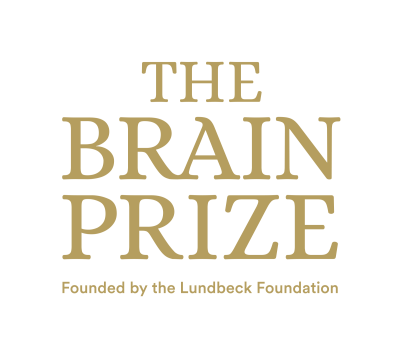Listen with your brain
Your ears hear the sounds, but it is the brain that creates the music

Our ears detect sound but the perception, experiences and emotions associated with every sound, including music are generated by the brain. The relationship between our brain and music is deep and multifaceted. From the earliest moments of life, hearing is a critical sense, well-developed even before birth.
Hearing plays a crucial role in survival and forming social bonds. Our musical taste is also shaped by our past experiences. This is why the act of listening to music is often accompanied by a flood of memories and emotions which have the power to transform our emotional state. It is also why different people can experience similar emotional and mental states while listening to very different genres such as classical music and rock music. The feelings evoked by a favourite song can profoundly affect how we feel- you can thank your brain for that.
Explainer: The Genetics of Hearing and Deafness
Christine Petit explains how identifying over twenty different genes responsible for hereditary forms of deafness has helped understand the key molecular mechanisms of hearing. These findings provide vital new information about how the auditory system works and are paving the way to using gene therapy to treat deafness.

The Brain Prize 2012
Since 2011, the Lundbeck Foundation has awarded The Brain Prize, which is the world's largest prize in brain research. This award, amounting to 10 million DKK (€ 1.3 million), is presented to researchers who have made groundbreaking contributions to neuroscience.
The Brain Prize in 2012 was awarded for the unique, world-leading contributions to our understanding of the genetic regulation of the development and functioning of the ear, and for elucidating the causes of many of the hundreds of inherited forms of deafness.
The Brain Prize was awarded to:
- Christine Petit, Head of the Genetics and Physiology of Hearing laboratory at Institut Pasteur. Professor Petit is an elected Fellow of the Institute of Medicine of the National Academies, USA, and a French Academy of Sciences member.
- Karen Steel, Professor of Sensory Function at the Institute of Psychiatry, Psychology and Neuroscience at King’s College London. She is a Fellow of The Royal Society and a Fellow of the Academy of Medical Sciences.
Click here to read more and watch the films about the two award recipients and their groundbreaking research in 'The Development and Function of the Ear':
